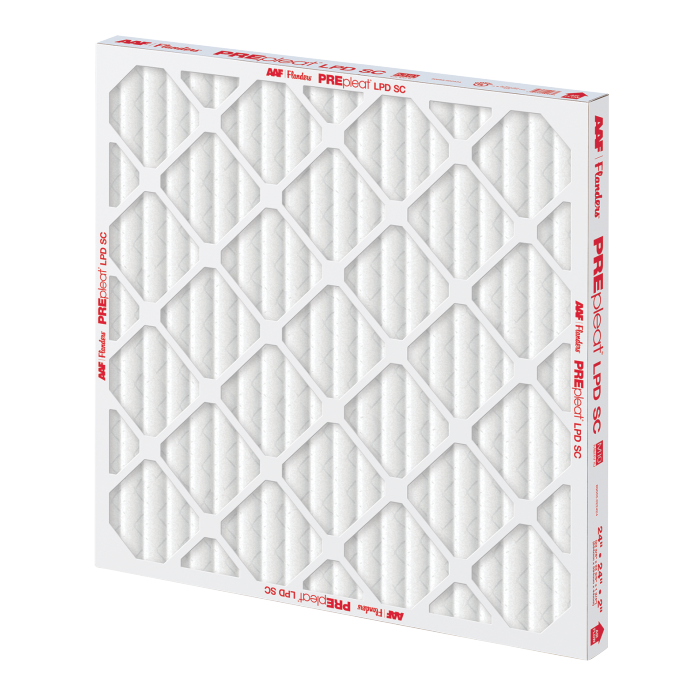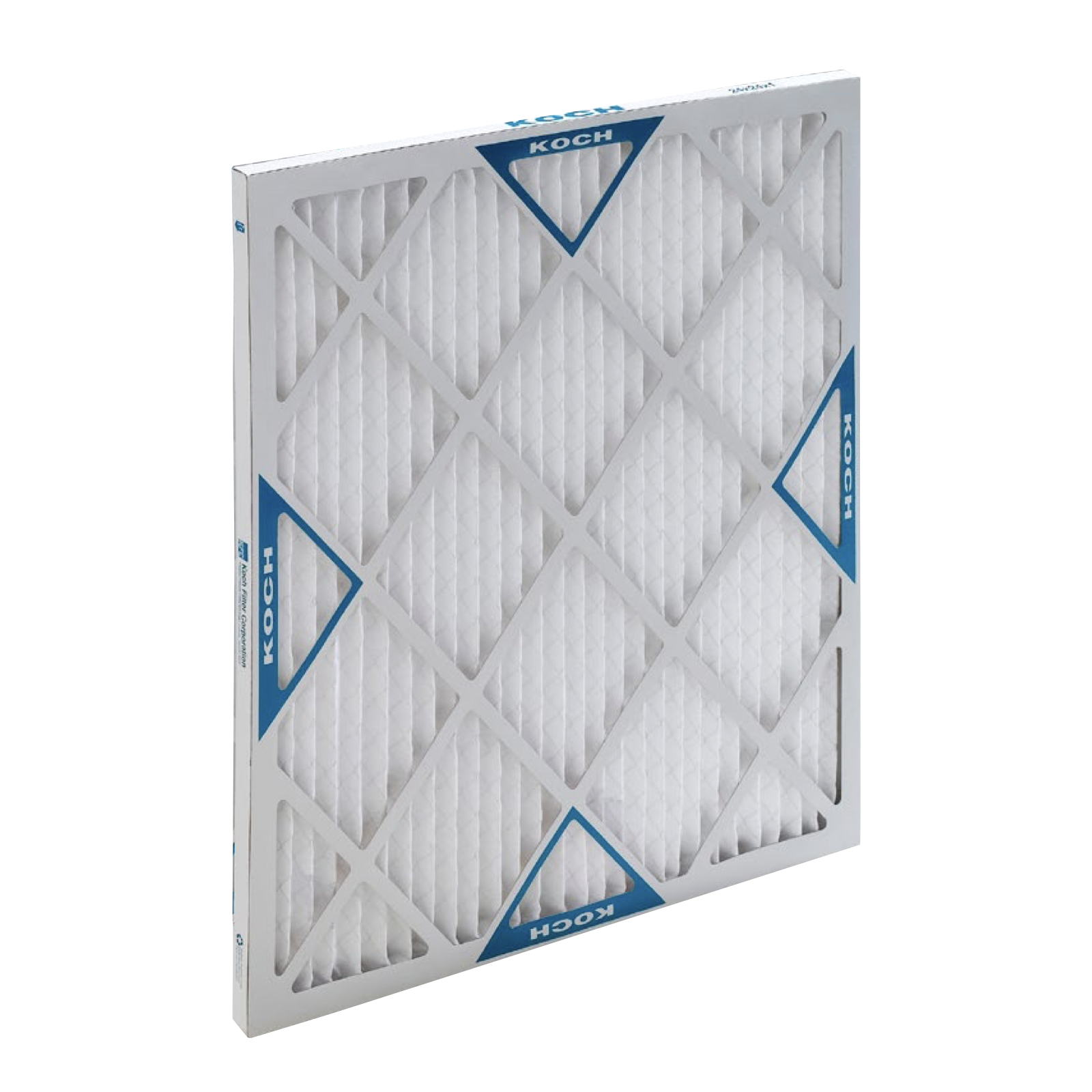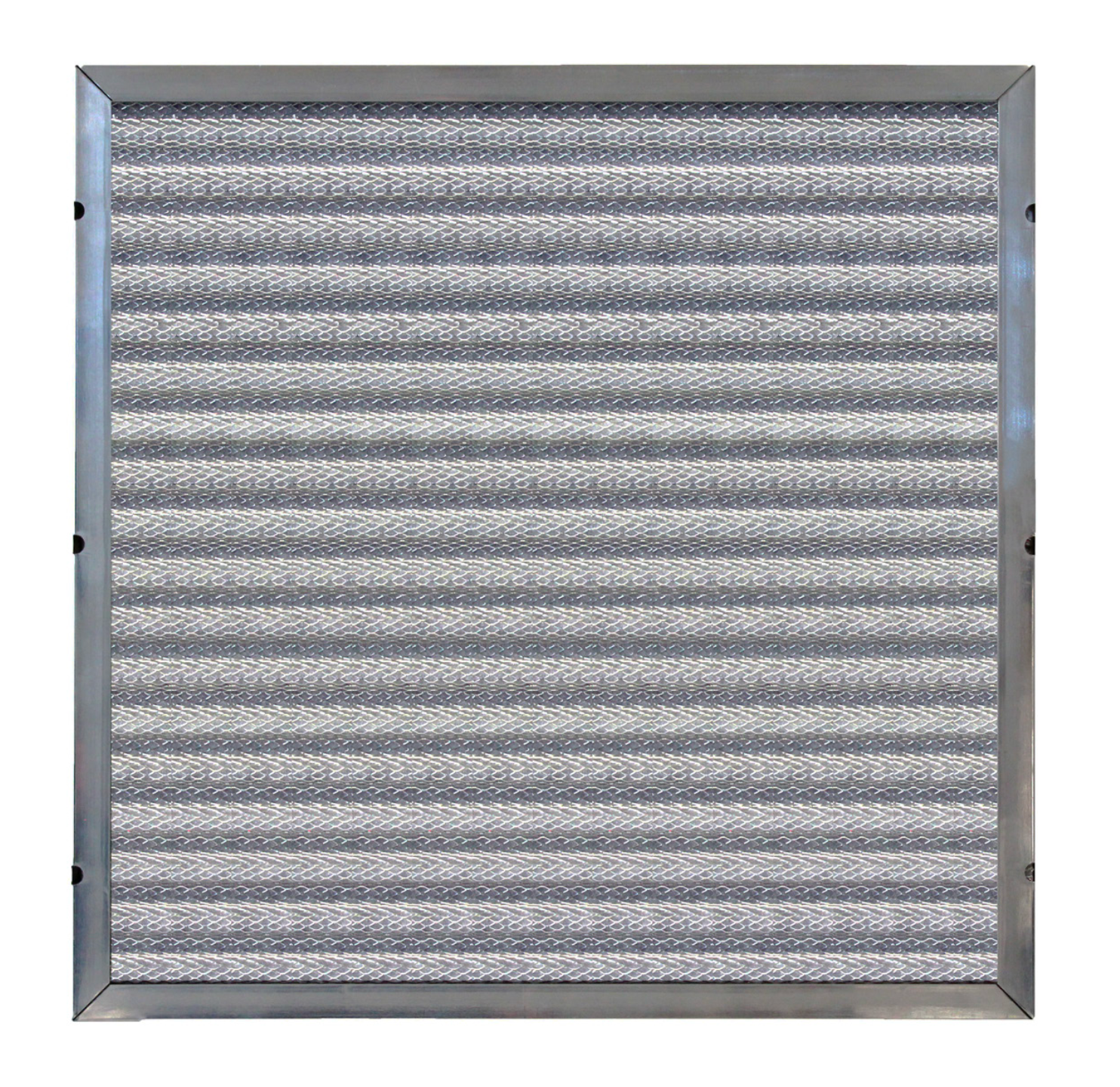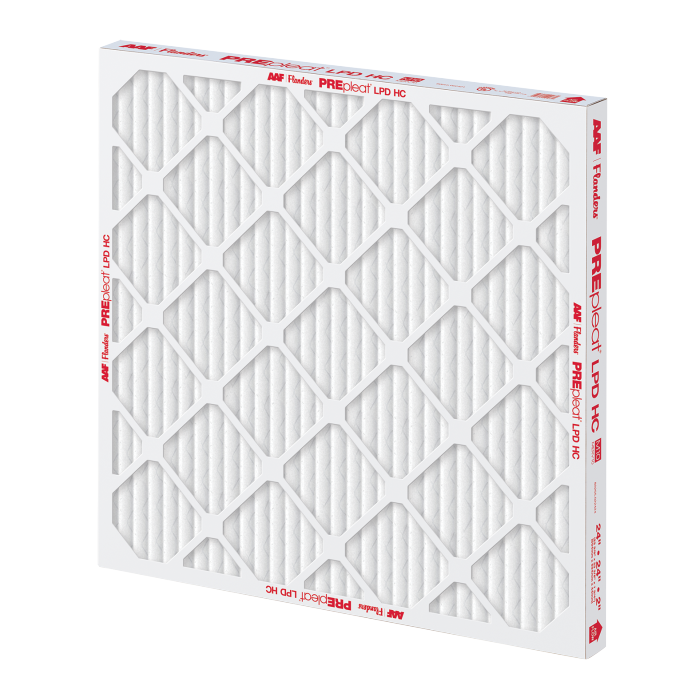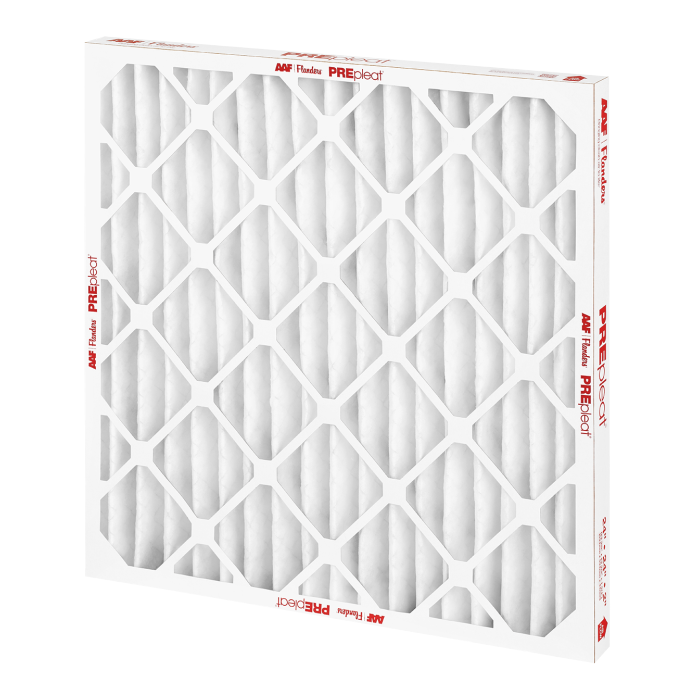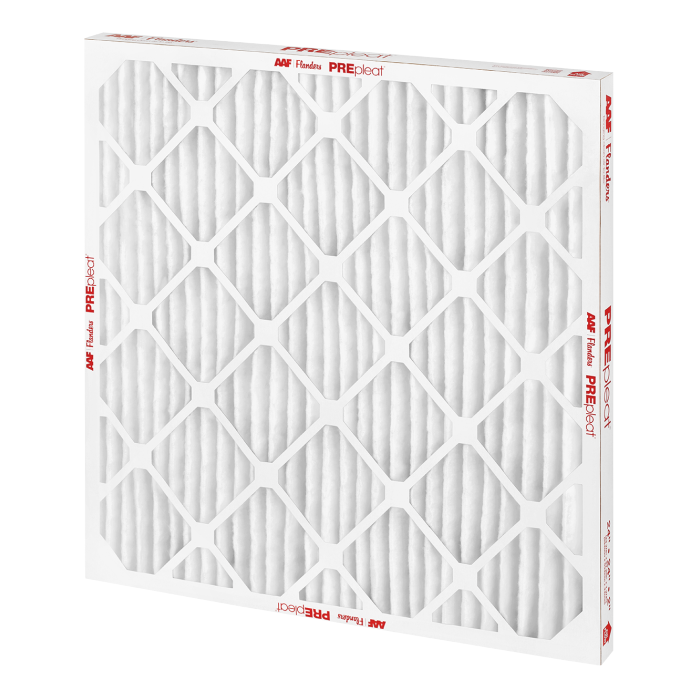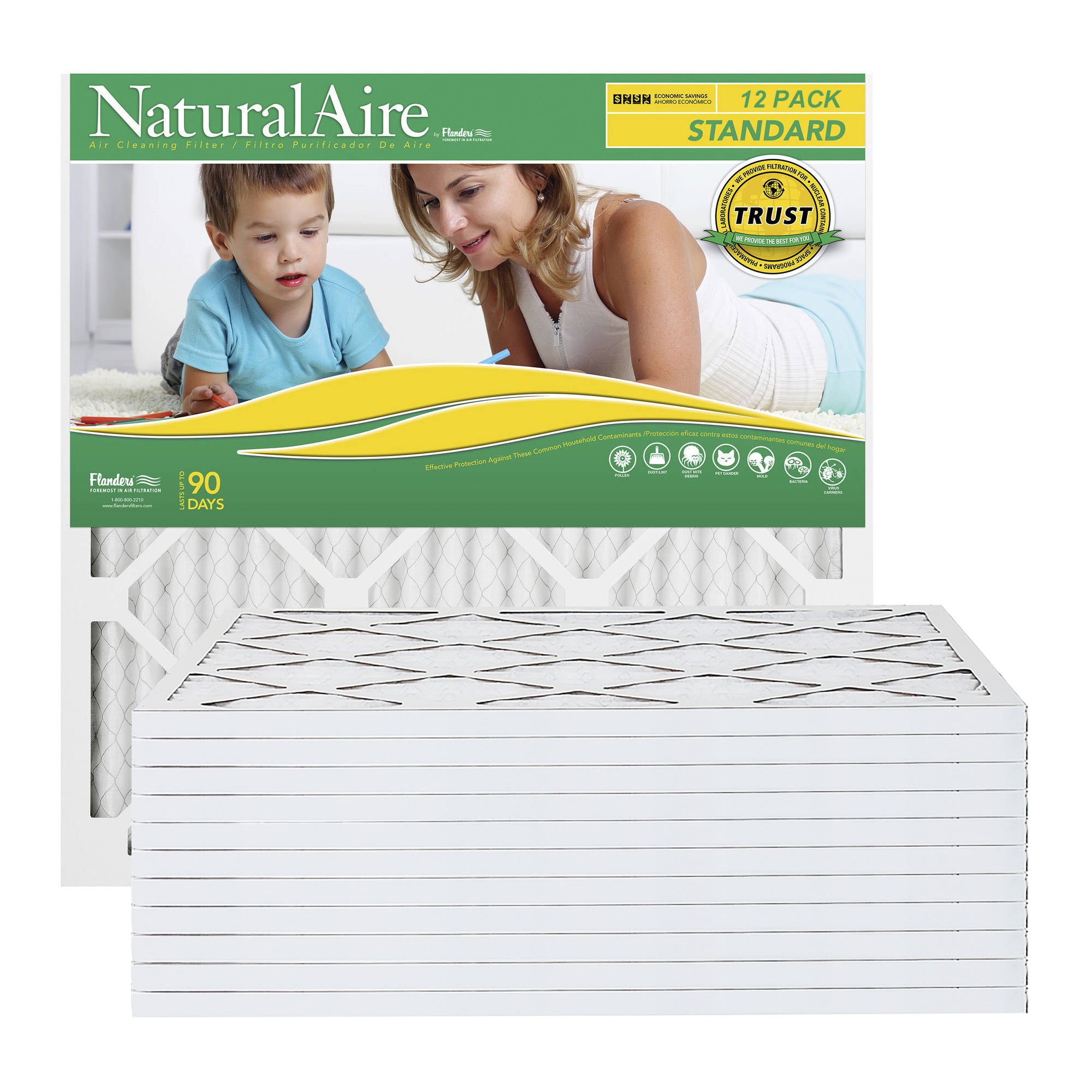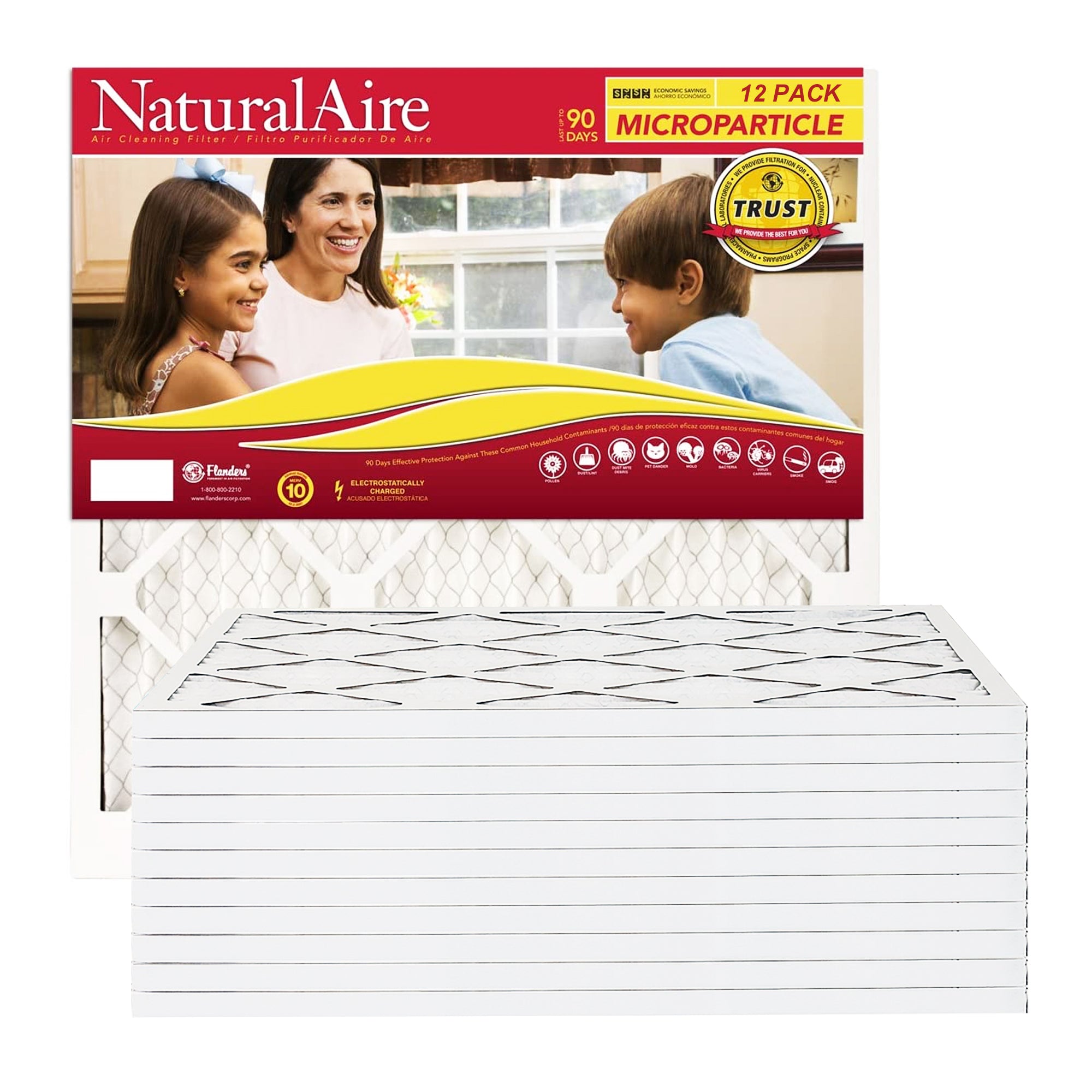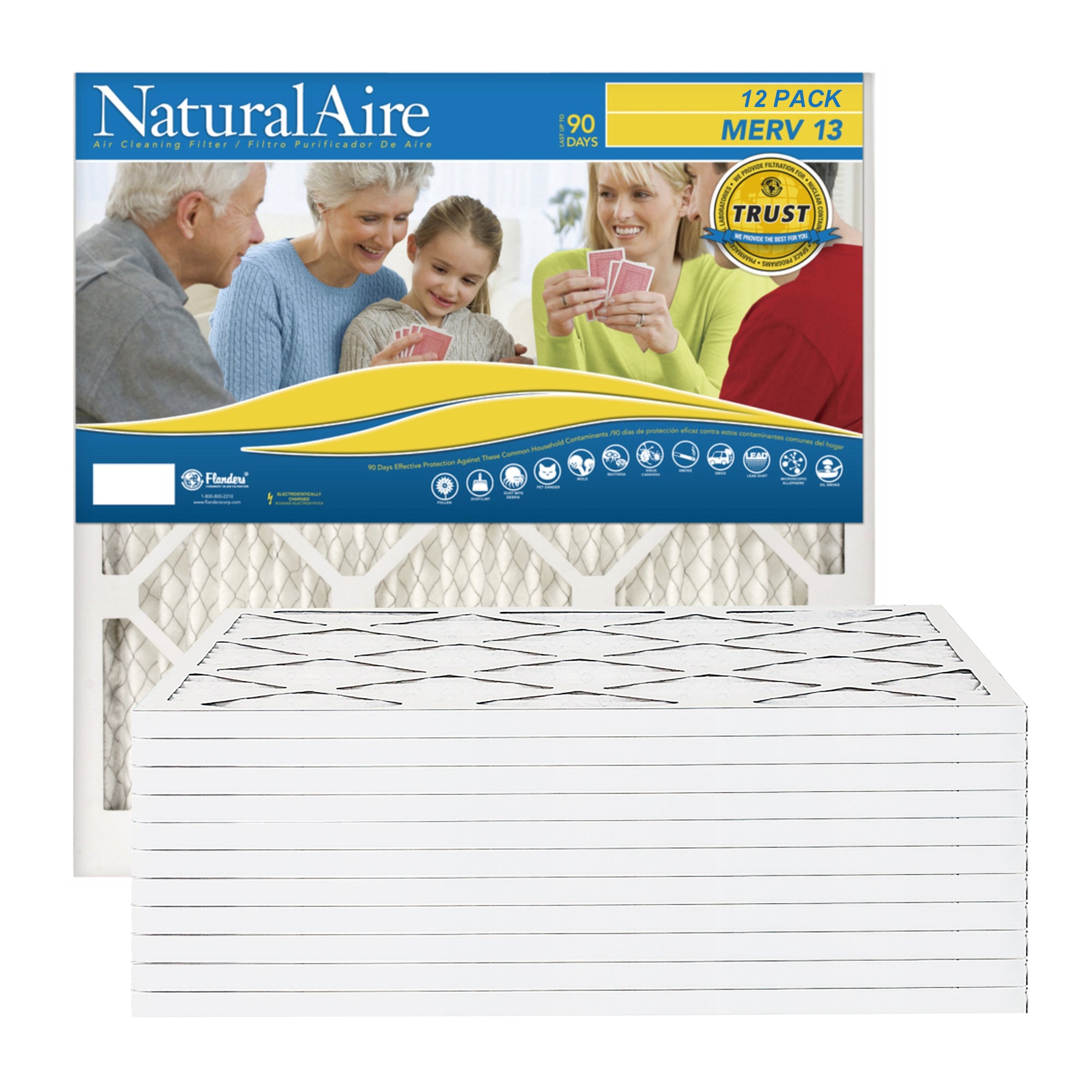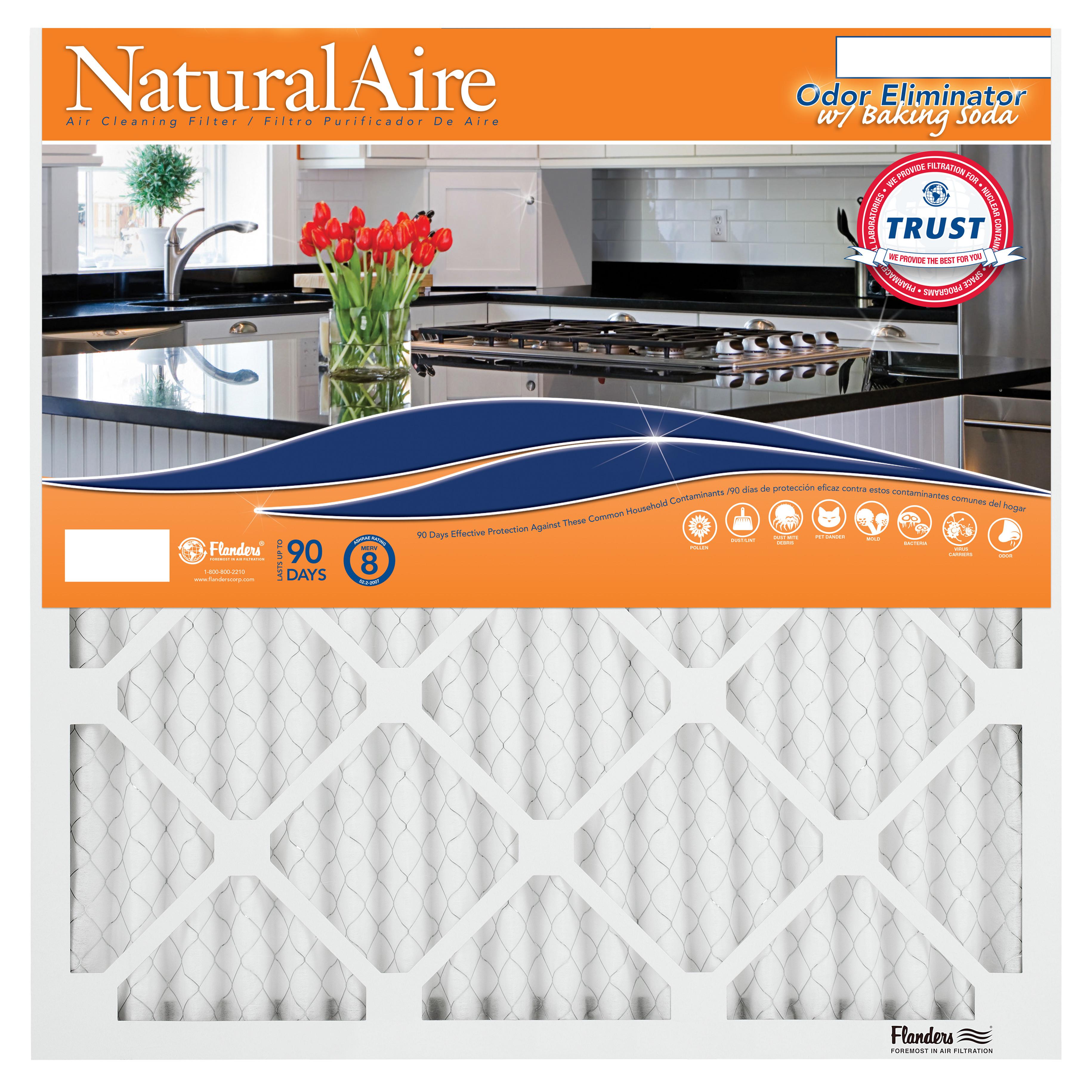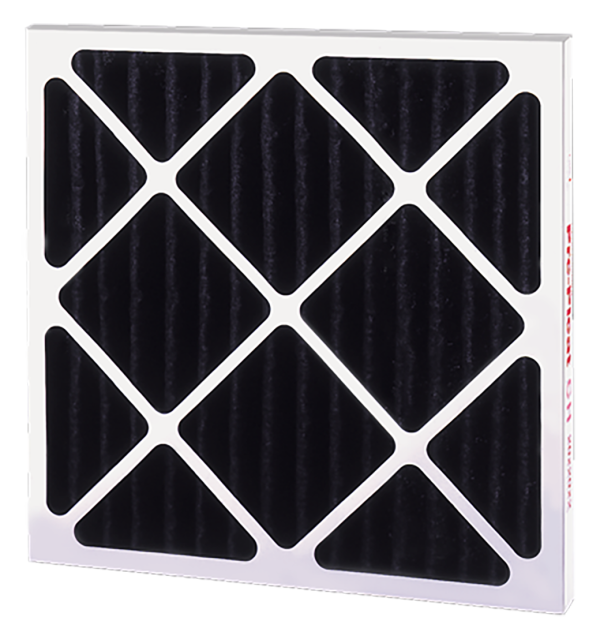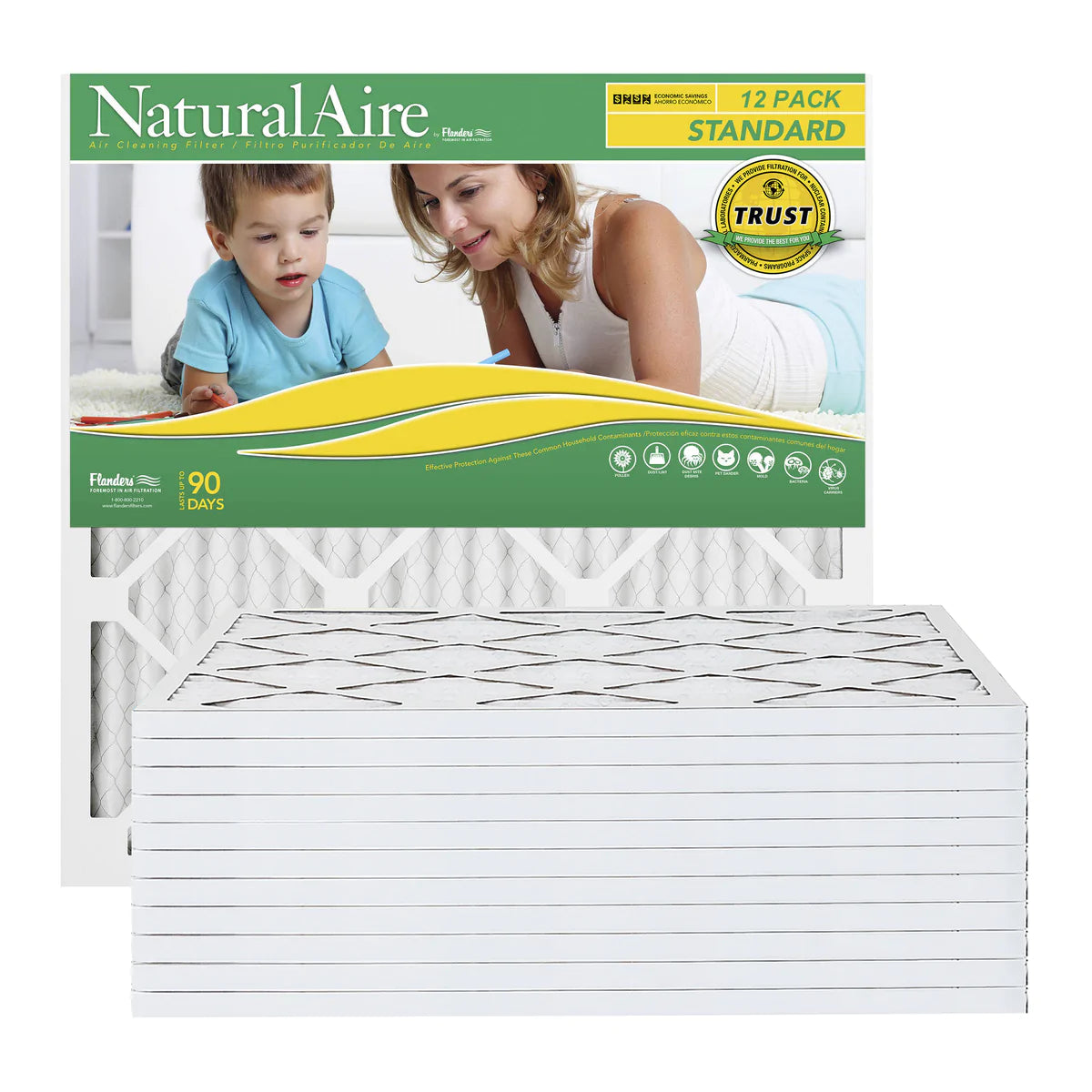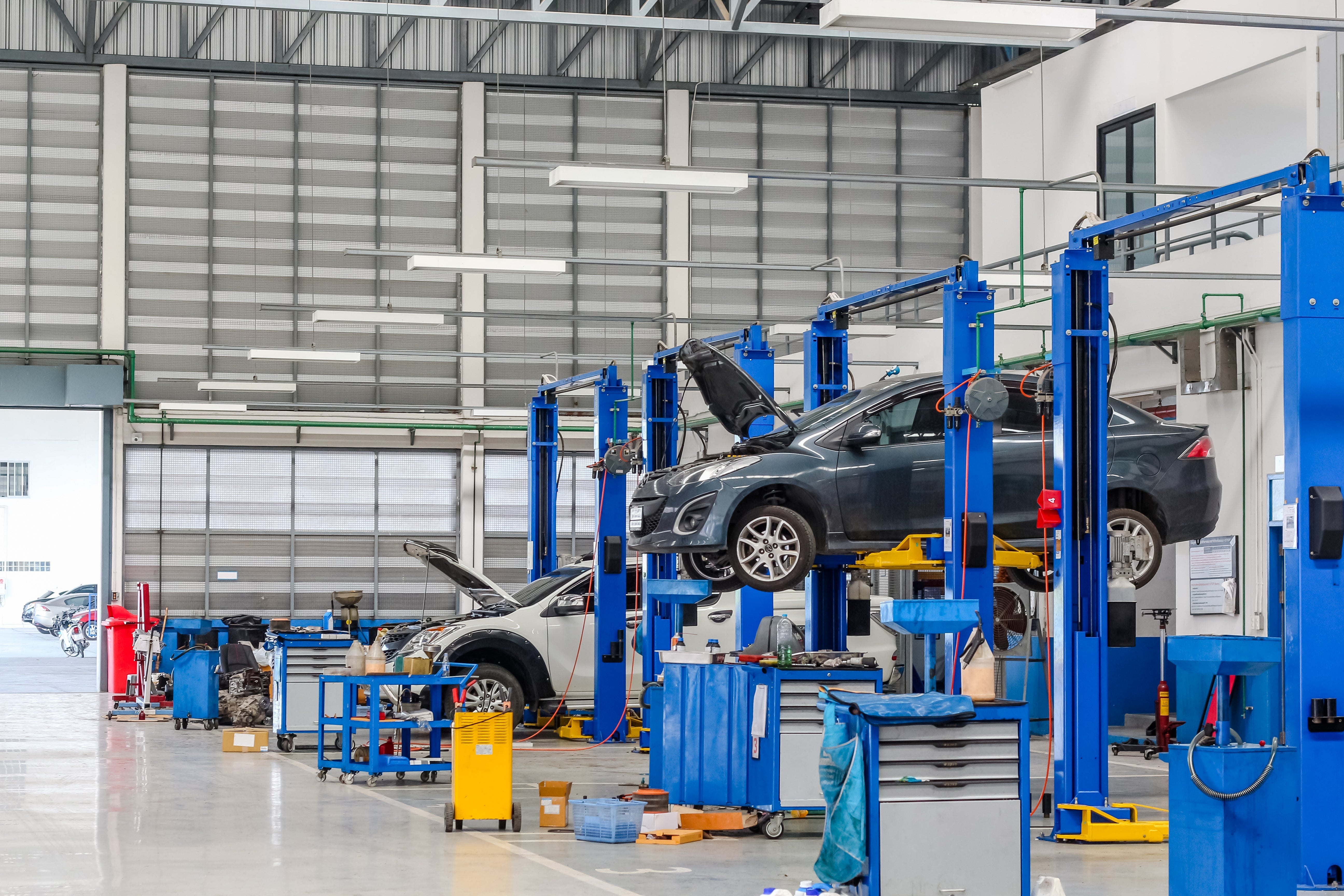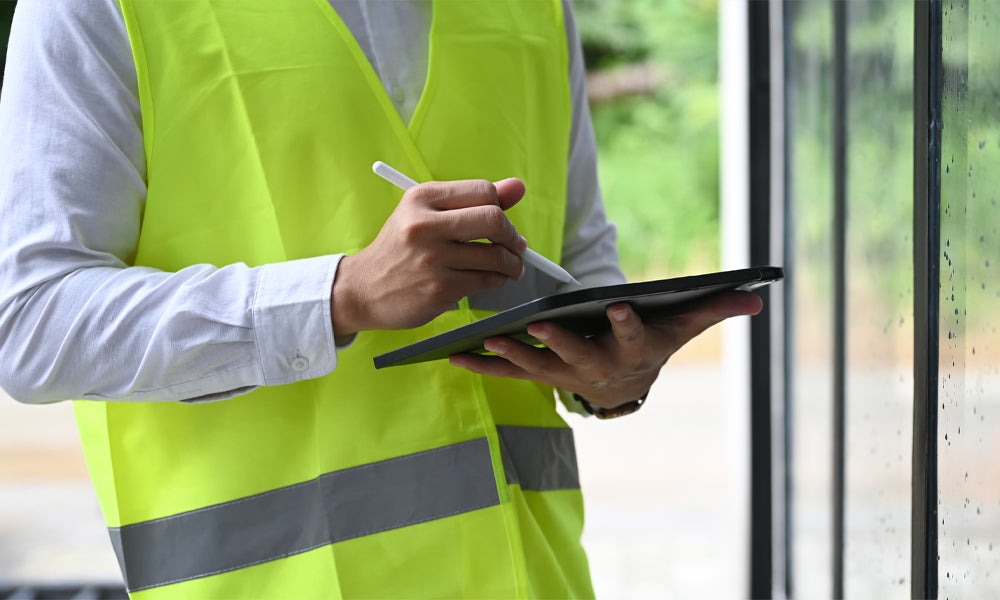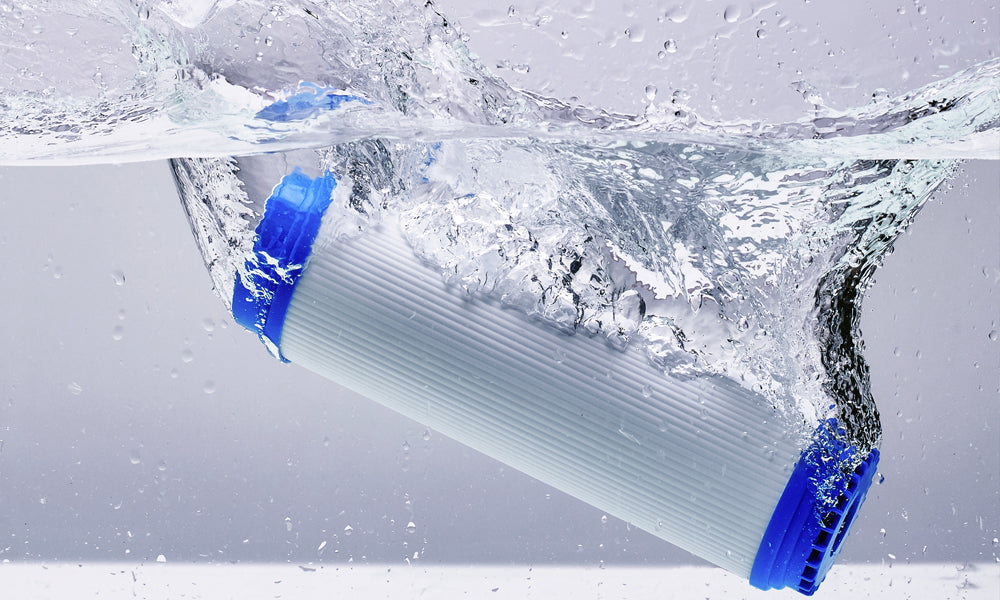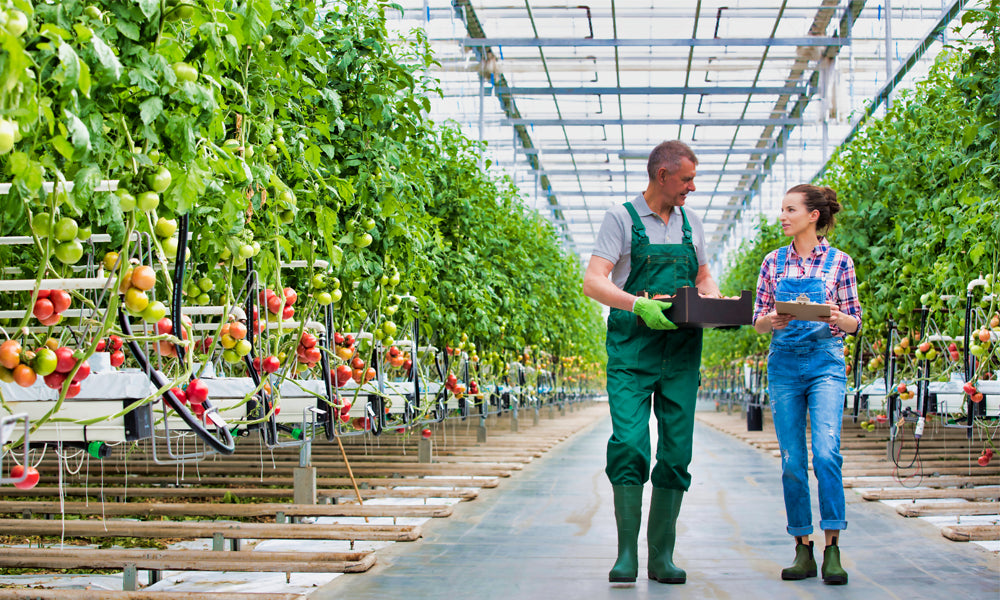North Americans are slowly beginning to resume domestic travel after the nadir of the pandemic. As they do, it’s incumbent upon hotel owners and managers to assuage their guests’ concerns about the presence of the coronavirus within the large and interconnected HVAC systems of their buildings. Here’s how hotels are improving their air quality in the wake of COVID-19 and how you can do the same for your establishment.
Ionized Air
Ionizers send out electrically charged particles into the air, whose negative charges attract positively charged particles. The heavy neutralized pairs then settle to floors and surfaces where we can safely clean them. This can be effective at capturing viruses, but at a price—ionizers emit ozone, a form of oxygen that is necessary to our atmosphere but dangerous to humans at ground level.
Ultraviolet Lamps
Another means by which hotel proprietors and managers are attempting to thwart the coronavirus is through the installation of ultraviolet lamps in their ducts. Ultraviolet light, a form of radiation that you know best as a product of our sun, is a useful tool for destroying microorganisms. The concentrated ultraviolet radiation of a UV lamp destroys DNA beyond the point of repair, which is harmful to humans but deadly to unicellular organisms such as bacteria or viruses. While UV lamps in residential settings have limited utility or pose an imbalance in costs and benefits to homeowners, supplementing commercial or hospitality HVAC with ultraviolet lamps could be a boon to air quality in a situation where guests remain highly apprehensive about the dangers of travel.
Fresh Air
One of the most effective ways hotels are improving their air quality is also one of the simplest—airing the rooms out during housekeeping and running fans. By bringing more fresh air into the system and removing stale air, hotel staff can alleviate new guests’ concerns about breathing the same air as previous occupants. This higher air quality isn’t just better for guests, it’s better for your staff, too.
Better Filters
As we return to offices and public transportation, it’s been out with the old and in with the new—newer, higher-performance HVAC filters with MERV ratings that surpass their predecessors. Some hotels are pursuing HEPA technology to purify their air, while others require MERV ratings of 13 or higher. Because hotels are often in idiosyncratic buildings, your building may require custom-size HVAC filters to bring your MERV ratings up to snuff.
Going Smoke-Free
Your new high-performance air filters will work hard to intercept viruses and airborne particles. It’s important to ease the burden on those filters by eliminating an eminently unnecessary pollutant from your hotel’s HVAC system. In jurisdictions that have not banned indoor cigarette smoking at places of business, take the initiative to declare your hotel a no-smoking facility. This proactive step toward cleaner air means your filters won’t have to work so hard to trap particles, and as Americans travel in earnest again, your guests will immediately appreciate a room with no trace of lingering cigarette smoke.


